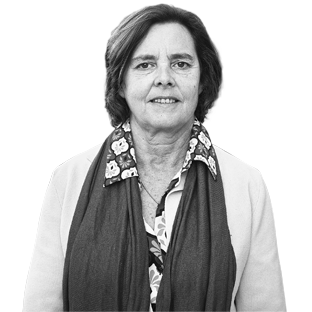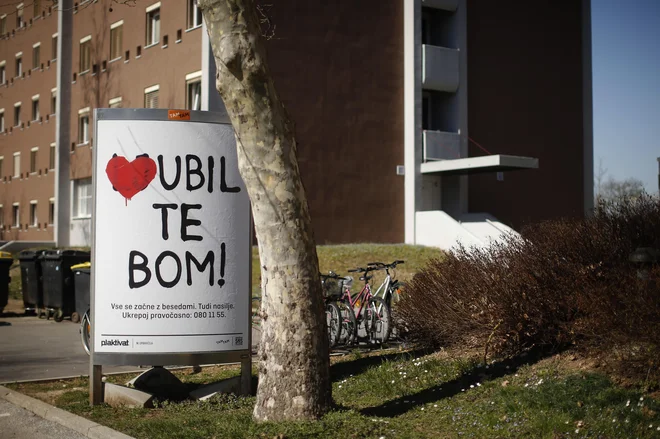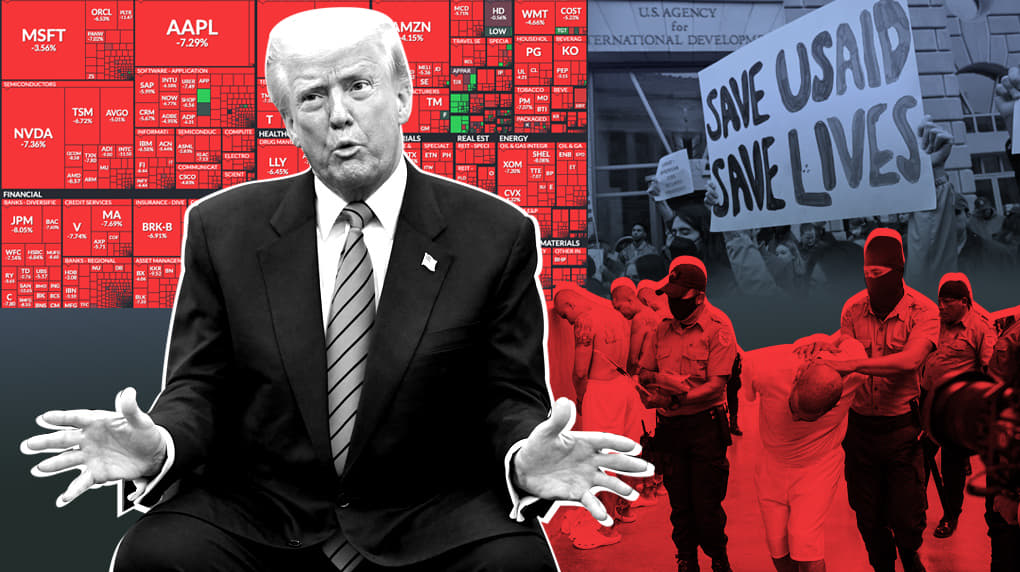Politics is not science

It was in Spain a week before the Atocha attacks on March 11, 2004. Legislative elections in the neighboring country would occur from this 15 days and at that time the results seemed right. All polls indicated that José Maria Aznar, the leader of the PPE (Spanish Popular Party) who was in government at the time, would win the elections by large margin. José Luís Zapatero’s PSOE (Socialist Socialist Party) was many points behind and the defeat seemed right.
A week later everything changed. The brutal attack at one of Madrid’s main railway stations that killed 193 people and injured 2050 the political environment in Spain turned.
Shortly after the event, the government of Aznar rushed to attribute responsibilities to ETA (the Basque separatist organization that years earlier tormented Spanish society with numerous attacks). In addition to not being confirmed the authorship of the attack that was claimed by al-Qaeda, the wrong explanations of the government were perceived by the electorate as a way for the PPE to try to take advantage of the tragedy, distorting and hiding information. The PSOE_ Escolled the narrative and, three days later, Zapatero won some elections to which he had left as the defeated more than safe, proving that in politics everything can change very quickly and what seems right in the morning, can be radically different at the end of the day.
I remembered this episode regarding the blackout we lived this Monday. The facts occurred over the 12 hours, although not comparable to the 11 March tragedy in Spain, had the potential to change the data from the elections we will have in a little over fifteen days.
Not wanting to guess what will happen, even what weight they have in public opinion the criticism that, especially opposition parties, have made the way the government dealt with the situation, it seems relatively obvious that the rule in News Is Good News favored the government. The truth is that any serious error, any failure in essential services, any personal accidents or even deaths because of blackout would have been fatal to the government and AD. Montenegro was aware of it in the first few minutes and worked so that it did not happen. To the criticism that arose from the opposition, he responded with the absence of occurrences, contrary to what happened in Spain.
Having not reported nothing to report, at least to know so far, and having the light returned to the country at sunset, the blackout is in memory and will serve above all as a test to the leadership, or lack of it, by Luís Montenegro.
In this campaign in which, more than great political disagreements, as seen in the debate between Pedro Nuno Santos and Luís Montenegro this week, what is concerned is to know who is most reliable to head the government.
The circumstances that dictated the unfolding of events will be largely unrelated to the government’s action, but as happened, this episode fell like Ginjas to Montenegro. Luck? Perhaps. At the end of the day the blackout turned out to be a little blackout who served for some anecdotes and a healthy conviviality between neighbors, in a return to ancient times that had their charm. Had the blackout passed to the next day and the conclusion of this story could be quite different. Maybe AD did not win votes with this episode, but not having lost them, Pedro Nuno Santos was not lucky that for twenty years dictated the unexpected victory of José Luís Zapatero.








